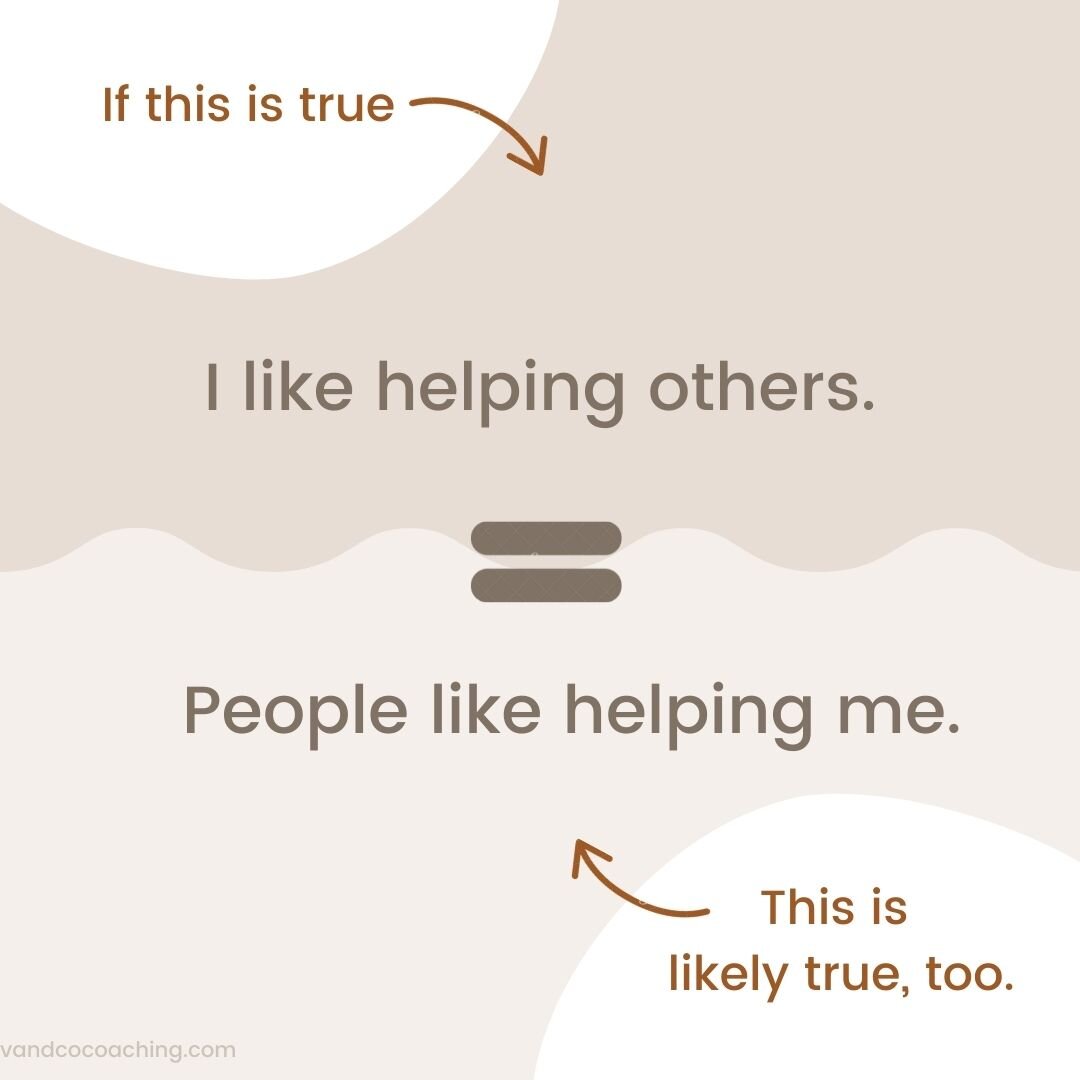Work-Life Separation Is Impossible. Here’s How to Make It More Manageable.
Hands up if you’ve seen the Apple TV thriller, Severance.
In case you missed it, Severance tackles the thorny issue of work-life balance in a brilliant sci-fi way. Employees at the mysterious company Lumon undergo a “severance” procedure that separates their work selves from their home selves. At work, they have no memory of the outside world or their personal lives. At home, they have no idea about what they do or who they are at work. Trouble ensues.
Severance’s questioning of work-life separation is hyper-relevant. Lines of work-life separation, blurry pre-pandemic, distorted even further during COVID while so many of us were working from home.
Although it's appealing to want to build a mental and emotional wall between work and home, it's not realistic or even beneficial. We're richer in both areas for bringing our whole selves to both. We infuse our personal life with strengths, skills, and accomplishments fought and won on the work battlefront. And our workplaces become more humane and values-driven when we bring our full selves, ethics, and rainbow of cultural identities.
Rather than work-life separation, work-life harmony speaks to the additive nature of these two life arenas. But given the shifting pressures for our finite time and and energy, maintaining harmony can be a constant struggle.
If you relate to this common tension, you might have these questions:
How do I know if my work-life isn’t in harmony?
Our culture and communities can unduly influence our beliefs about what a "normal" amount of time and energy is to spend at work or at home. I'd urge you consider that there is no normal; there is only what works for you.
Your work-life might be out of harmony if:
You feel resentful, irritable, listless, or frustrated.
At the end of the day/week/project you don’t have enough energy in reserve for the next.
You’re not showing up as the person you want to show up as in one or both arenas.
How can I do less at work so I have more energy for home? (Or vice versa.)
Take ownership. It’s up to you to recalibrate your life to be more harmonious.
For any task, be clear about what purpose it serves and define what “done” looks like. Greg McKeown, the bestselling author of Essentialism defines done as, “the point just before the effort invested begins to be greater than the output achieved.”
Assert boundaries on your time and energy. This can feel scary if you’re focused on being a good team player, a devoted parent, or angling for a promotion. But boundaries are necessary to avoid burnout and a dysfunctional team or family dynamic.
How do I turn off my brain so I'm not worrying about work at home (or vice versa)?
Bring gentle curiosity to the feelings and thoughts that are unsettling you. Guilt around lack of quality family time? Fear of getting laid off? Once you’ve identified how you feel and what you need, the next steps may become more clear.
Practice your ability to respond to your emotions and thoughts in a way that's useful. Take time to nonjudgmentally be with your emotions rather than suppressing them. Reality-test your thoughts: how true are they? What evidence do you have?
Reduce visual cues that cause worry, distraction, and rumination. Create separate environments when possible, use focus tools on devices to minimize interruptions.
Practice acceptance that work or housework sometimes goes undone. Face reality that sometimes there’s not enough hours in the day to get everything done that you'd like to.
Stop “should’ing” yourself. Take action if you're inspired or don’t take action and be OK with it. Don’t spend energy sitting on the fence with “shoulds.”
Develop self-compassion. Life is complicated and messy. Sometimes we aren't able to give it our best, or we give it our best and fall short anyway. Recognize that to err is human and its more productive to be kind and forgiving to ourselves than to chastise ourselves for not reaching our self-defined measure of what's enough.
Our work and personal lives are inevitably intertwined. Instead of trying to separate them, prioritize your well-being by shifting as needed to create a harmonious blend of the two.















